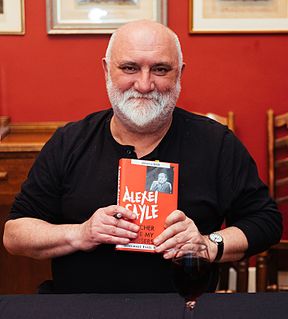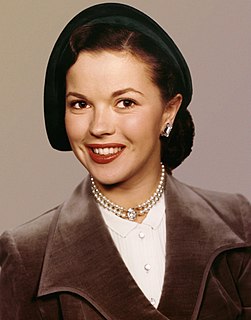A Quote by Josh Lanyon
I thought of the words of the Renaissance philosopher Michel de Montaigne. "If you press me to say why I loved him, I can say no more than because he was he, and I was I.
Related Quotes
The most offensive egotist is he that fears to say "I" and "me." "It will probably rain" - that is dogmatic. "I think it will rain" - that is natural and modest. Montaigne is the most delightful of essayists because so great is his humility that he does not think it important that we see not Montaigne. He so forgets himself that he employs no artifice to make us forget him.
The more I've reflected on that and asked Iraqi friends, the more I realize that the corruption in Iraq has nothing to do with ideas - it has to do with the regime and institutional structures and power. There's no core to what Michel Aflaq has to say that results in this. That was a key to looking at Michel Aflaq as a sideshow. He's the intellectual father of an ideology that no one probably ever believed in. At that point I began to appreciate him in a funny way.
In the early days I was incredibly creative and productive - I loved the research trips, I loved the creation and finding technical solutions to creative challenges. I didn't need alcohol and the pills for that. What changed was, I was afraid to say no - that little word, N.O. Because I thought it showed weakness. And with more and more success I would just say yes. And keep on taking more work on - which took its toll.
That’s why it was so impossible to tell him goodbye — because I was in love with him. Too. I loved him, much more than I should, and yet, still nowhere near enough. I was in love with him, but it was not enough to change anything; it was only enough to hurt us both more. To hurt him worse than I ever had.
What is natural in me, is natural in many other men, I infer, and so I am not afraid to write that I never had loved Steerforth better than when the ties that bound me to him were broken. In the keen distress of the discovery of his unworthiness, I thought more of all that was brilliant in him, I softened more towards all that was good in him, I did more justice to the qualities that might have made him a man of a noble nature and a great name, than ever I had done in the height of my devotion to him.
I think there are lots of opportunities to improve the product. When you read the press, people say, "Oh, the product needs improvement." I look at that and say, "Hey, that's an exciting thing to get behind!" Because they can improve that product. That leaves more upside from an innovation and revenue potential than you're gonna find in a lot of places. So you could say that's a downside, I see that as an opportunity.




































